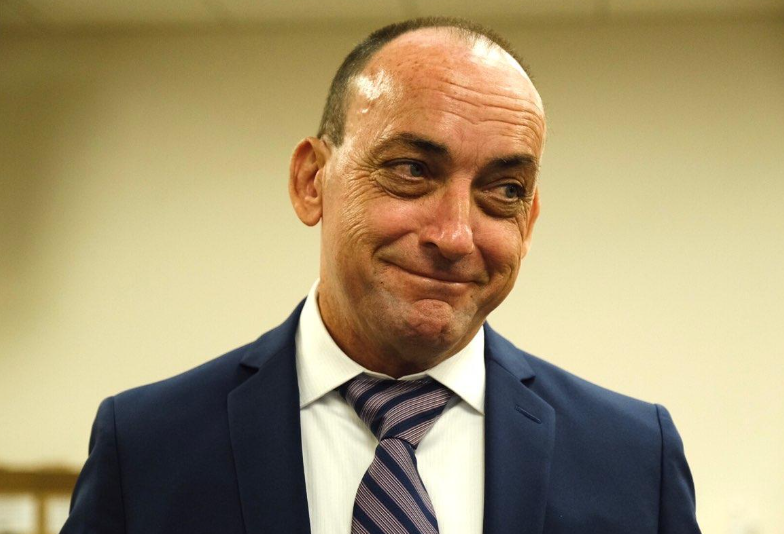How Strong Is the Link Between Social Media and Depression?
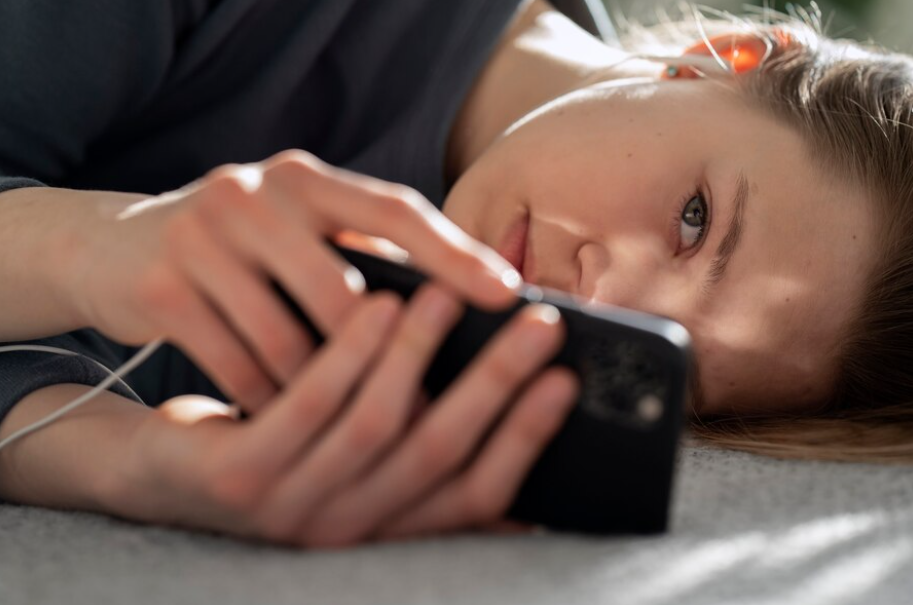
©️ Freepik
Scrolling towards happiness? If yes, maybe it’s time to reconsider. Social media has become an undeniable force in our lives. It connects us with loved ones, keeps us informed, and entertains us. But beneath the carefully curated feeds and filtered photos, there’s a growing concern – how does social media use impact our mental health, particularly depression?
The Dark Side of Likes and Follows
Research suggests a moderate link between social media use and an increased risk for depression, anxiety, and loneliness. Here’s how social media might be contributing to these negative emotions:
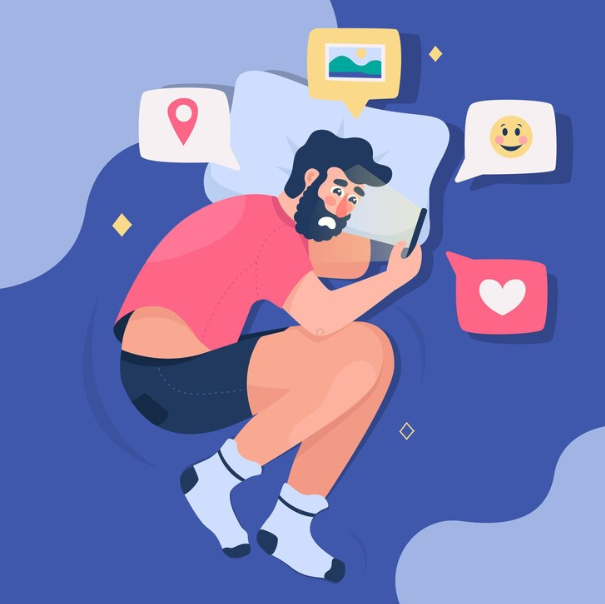
1. FOMO (Fear Of Missing Out)
Social media often portrays a highlight reel of people’s lives, filled with exotic vacations, exciting events, and seemingly perfect relationships. Constant exposure to this idealized version of reality can fuel feelings of inadequacy and social exclusion.
2. Social Comparison and Body Image Issues
Studies have shown that comparing oneself to others on social media, especially regarding appearance, can lead to low self-esteem and body image dissatisfaction. This is particularly concerning for teenagers and young adults who are already grappling with self-identity.
3. Cyberbullying and Online Harassment
The anonymity of the internet can embolden negativity. Cyberbullying and online harassment can have devastating consequences, leading to feelings of isolation, anxiety, and even depression.
4. Sleep Disruption
The blue light emitted from electronic devices, and the engaging nature of scrolling feeds, can significantly disrupt sleep patterns. Sleep deprivation is a well-established risk factor for depression.
Depression and Social Media Usage: Is There a Cause-and-Effect?
While research points to a clear link, it’s important to distinguish between correlation and causation. Does social media directly cause depression, or are people who are already struggling with mental health more likely to gravitate towards social media?
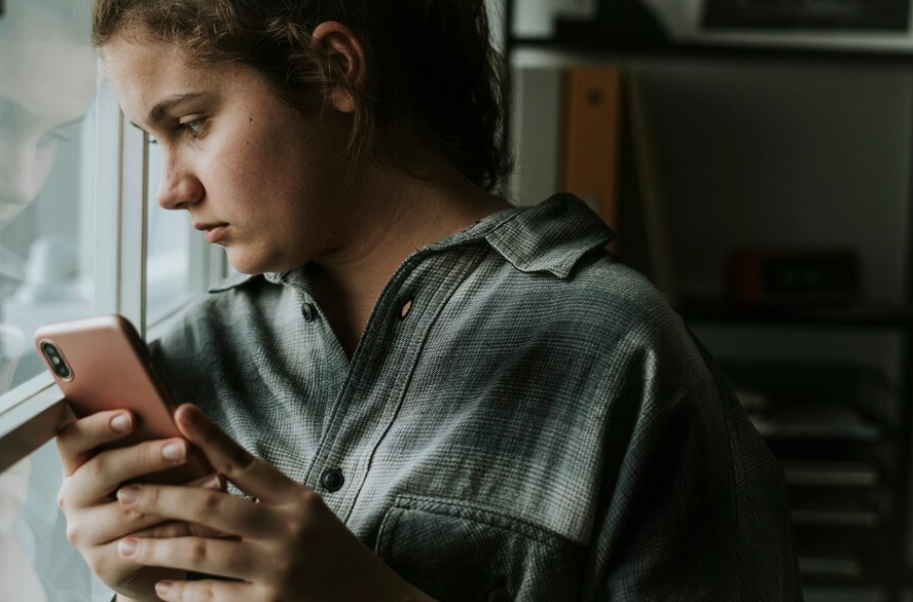
The answer is likely complex and multifaceted. However, studies like the one conducted by the University of Pennsylvania have shown that reducing social media use to 30 minutes a day led to significant improvements in symptoms of depression, anxiety, and loneliness. This suggests that social media use, at least to an excessive degree, can aggravate existing mental health issues.
Social Media Impact on Happiness: Finding Balance
Social media can be a valuable tool for connection and community. Here are some tips for using social media safely and promoting your mental wellbeing:
- Be mindful of your consumption: Track how much time you spend on social media and set limits. Consider apps that can help you monitor and manage your usage.
- Curate your feed: Unfollow accounts that make you feel bad about yourself or those that trigger negativity. Focus on following people who inspire and uplift you.
- Focus on real-life connections: Don’t let social media replace face-to-face interactions. Make time for activities and relationships that bring you joy in the real world.
- Challenge unrealistic portrayals: Remember that most social media content is curated. Don’t compare your behind-the-scenes life to someone else’s highlight reel.
- Practice gratitude: Focus on the positive aspects of your own life. There’s always something to be thankful for, and expressing gratitude is a powerful tool for boosting happiness.
- Take breaks: Disconnect regularly and give yourself digital detox periods.

Limiting Social Media Time and Seeking Help
It’s not about completely abandoning social media. It’s about finding a healthy balance. Be mindful of your usage and focus on real-life connections, this way you can harness the positive aspects of social media while minimizing its negative impact on your mental health.
If you’re struggling with depression or social media is negatively affecting your mental well-being, it’s important to seek professional help. A therapist can provide guidance and support to help you develop healthy coping mechanisms and improve your overall mental health.
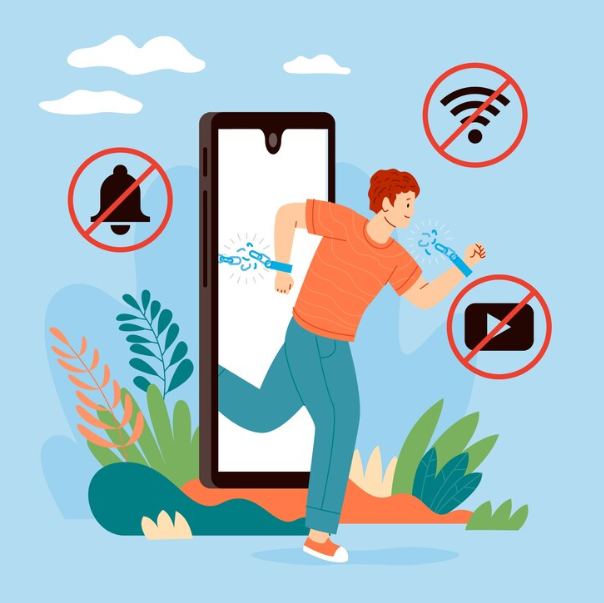
Social media can be a breeding ground for negativity, but it doesn’t have to control your happiness. Take charge of your social media habits and prioritize your mental health, so you can cultivate a more positive and fulfilling online experience.
You may also like: Long Hours on the Internet Linked to Increased Depression Risk

